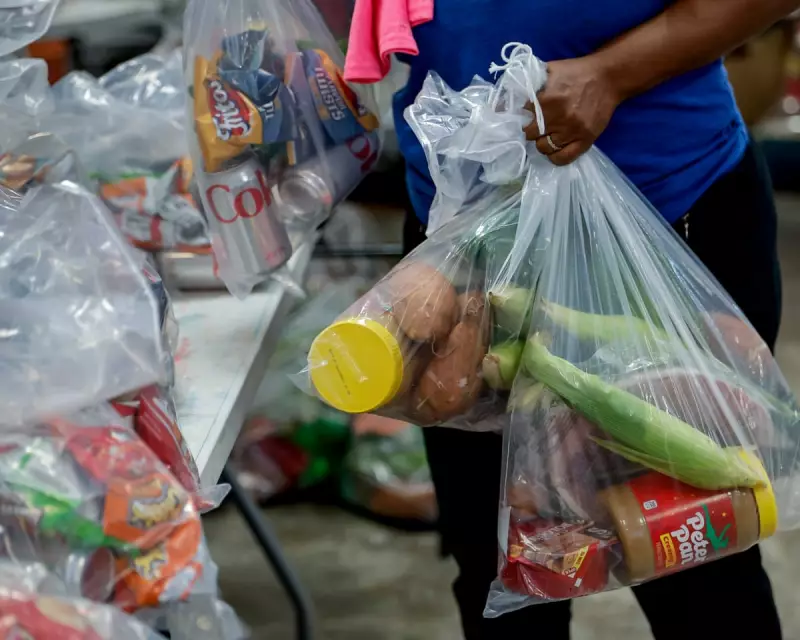
The recent reduction and delay in Supplemental Nutrition Assistance Program (Snap) benefits across the United States has triggered more than immediate hunger - it's creating lasting psychological trauma that will persist long after benefits are restored.
The Haunting Legacy of Food Scarcity
Research reveals that food insecurity leaves deep emotional scars that fundamentally reshape relationships with food. Priya Fielding-Singh, director of policy at the Global Food Institute, witnessed this firsthand when foster siblings came to live with her family. Despite having reliable access to food, one sibling continued hoarding canned goods, demonstrating how past scarcity creates lasting behavioural patterns.
For millions of American families living close to the financial edge, Snap benefits represent far more than supplemental support - they're the primary means of putting food on the table. The current benefit disruptions create not just immediate budget crises but long-term psychological damage.
Physical and Psychological Consequences
The impact of food insecurity extends across generations and life stages. For pregnant women, inadequate nutrition increases risks of premature delivery, low birth weight, and developmental delays in infants. Early hunger can alter how children's bodies regulate stress and store energy, raising lifetime risks for chronic conditions including diabetes and hypertension.
Older children experience both physical and psychological effects. Those growing up with food insecurity face higher rates of anxiety, depression, and behavioural challenges that often persist into adulthood. They're also more likely to struggle academically and experience developmental delays.
Parents bear their own burdens. The inability to perform the fundamental act of feeding one's children creates crushing psychological pressure. Caregivers facing hunger report sharply elevated rates of depression and anxiety.
Changing Family Food Dynamics
Fielding-Singh's research documented how scarcity experiences permanently alter family eating habits. Mothers who endured deprivation - whether in childhood or parenthood - developed coping mechanisms that persisted during stable periods.
Many hoarded non-perishable foods, maintaining deep cupboards stocked with canned goods and investing in extra freezers. This behaviour stems from the hard-learned lesson that food today never guarantees food tomorrow.
These mothers also prioritised children's immediate satiety over nutritional quality. Within contexts of precarity, ensuring children ate enough became the primary concern, often meaning serving comforting, familiar foods rather than healthier options. This dynamic exacerbates nutritional divides between income groups, with lower-income children consuming fewer fresh foods at home.
The current Snap benefit reductions will likely deepen these nutritional inequalities. Families already struggling to access healthy food will find it even harder - both immediately as budgets shrink and long-term as scarcity experiences leave emotional and behavioural imprints.
Policy Solutions and Prevention
While restoring benefits remains urgently necessary, simply reinstating payments won't address the underlying vulnerability. Congress could establish advance appropriations for Snap, similar to protections for Medicaid, ensuring the programme remains funded during government shutdowns.
Such measures would protect America's most effective anti-hunger programme and prevent parents from wondering how they'll feed their children due to political failures. For millions of families, hunger remains a daily reality even with restored benefits, but preventing recurring trauma could spare future generations from learning that today's food doesn't guarantee tomorrow's security.





